8 Nutritional Changes to Support Aging Gracefully in Your 50s

Aging gracefully is about more than just looking good—it’s about maintaining optimal health, energy, and vitality as you enter your 50s and beyond. With the natural changes that come with aging, like shifts in metabolism, muscle mass, and hormone levels, adjusting your nutrition to meet your body’s new needs is essential. The good news is that small dietary adjustments can go a long way toward promoting longevity, improving overall wellness, and helping you feel your best. Here are eight nutritional changes that can support graceful aging in your 50s.
1. Increase Your Protein Intake
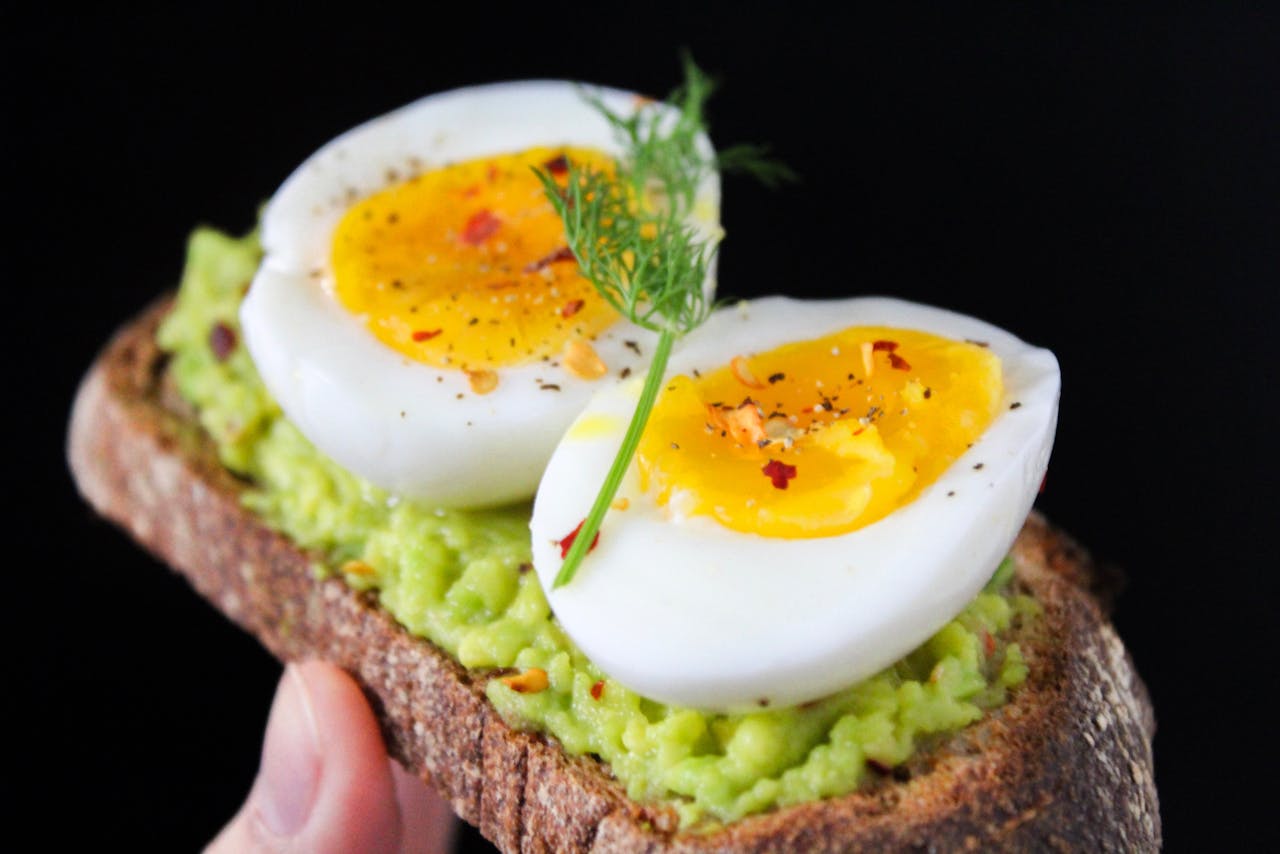
One of the most significant changes your body undergoes in your 50s is a decline in muscle mass, a condition known as sarcopenia. To counteract this, boosting your protein intake is essential. Protein helps maintain muscle, repairs tissues, and supports your metabolism. Incorporating lean sources of protein like chicken, turkey, fish, eggs, and plant-based options such as lentils, quinoa, and tofu into your diet can make a big difference. Aim to consume about 25-30 grams of protein per meal to ensure your muscles get the fuel they need to stay strong, which can also help prevent falls and other injuries as you age.
2. Prioritize Omega-3 Fatty Acids
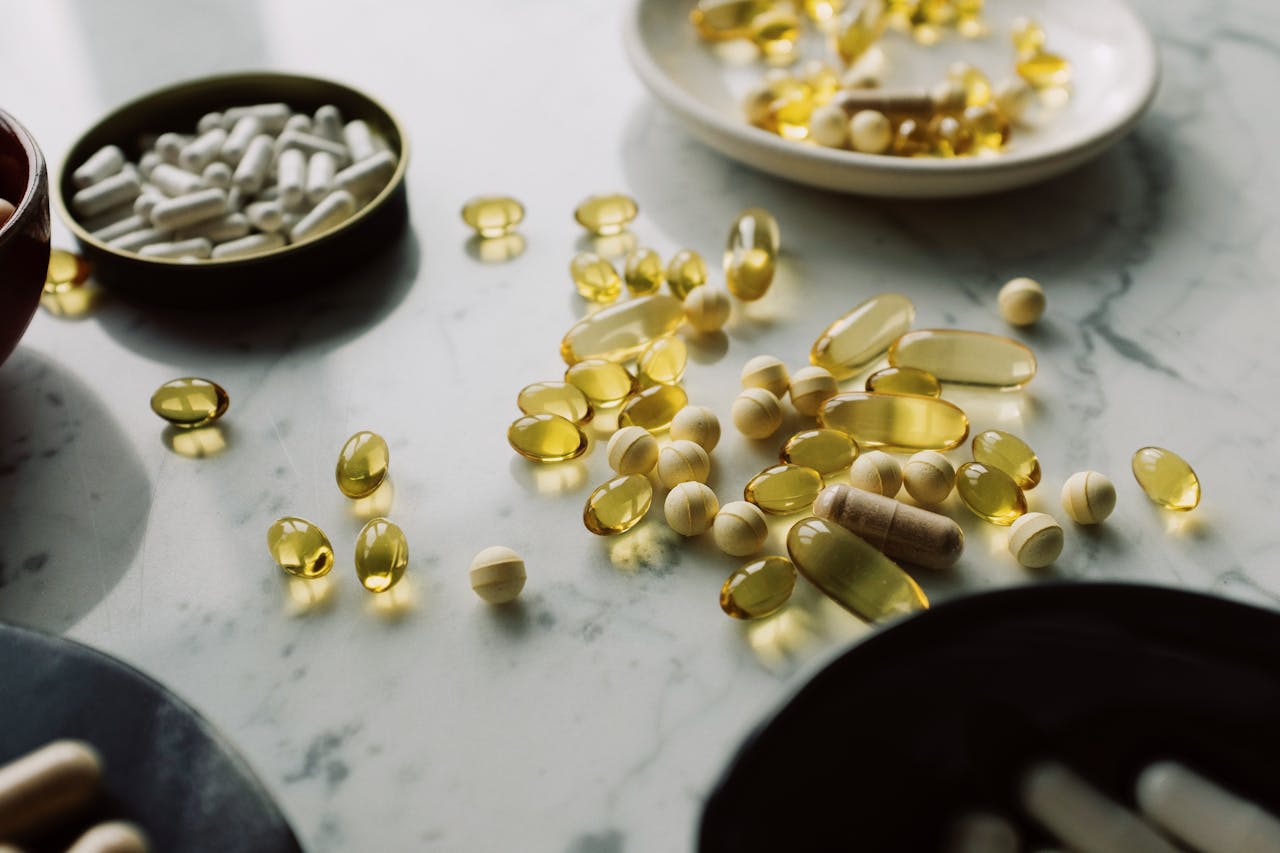
Omega-3 fatty acids are essential for overall health, particularly when it comes to heart health, brain function, and joint support. As you age, inflammation can become more prevalent, contributing to joint pain and cognitive decline. Omega-3s, which are found in fatty fish like salmon, mackerel, and sardines, as well as in walnuts and flaxseeds, have anti-inflammatory properties that can help reduce these effects. Studies have also shown that omega-3s play a crucial role in maintaining brain health, potentially reducing the risk of age-related cognitive decline. If you’re not consuming enough fish, a high-quality fish oil supplement can help ensure you’re getting the right amount.
3. Boost Your Calcium and Vitamin D Intake
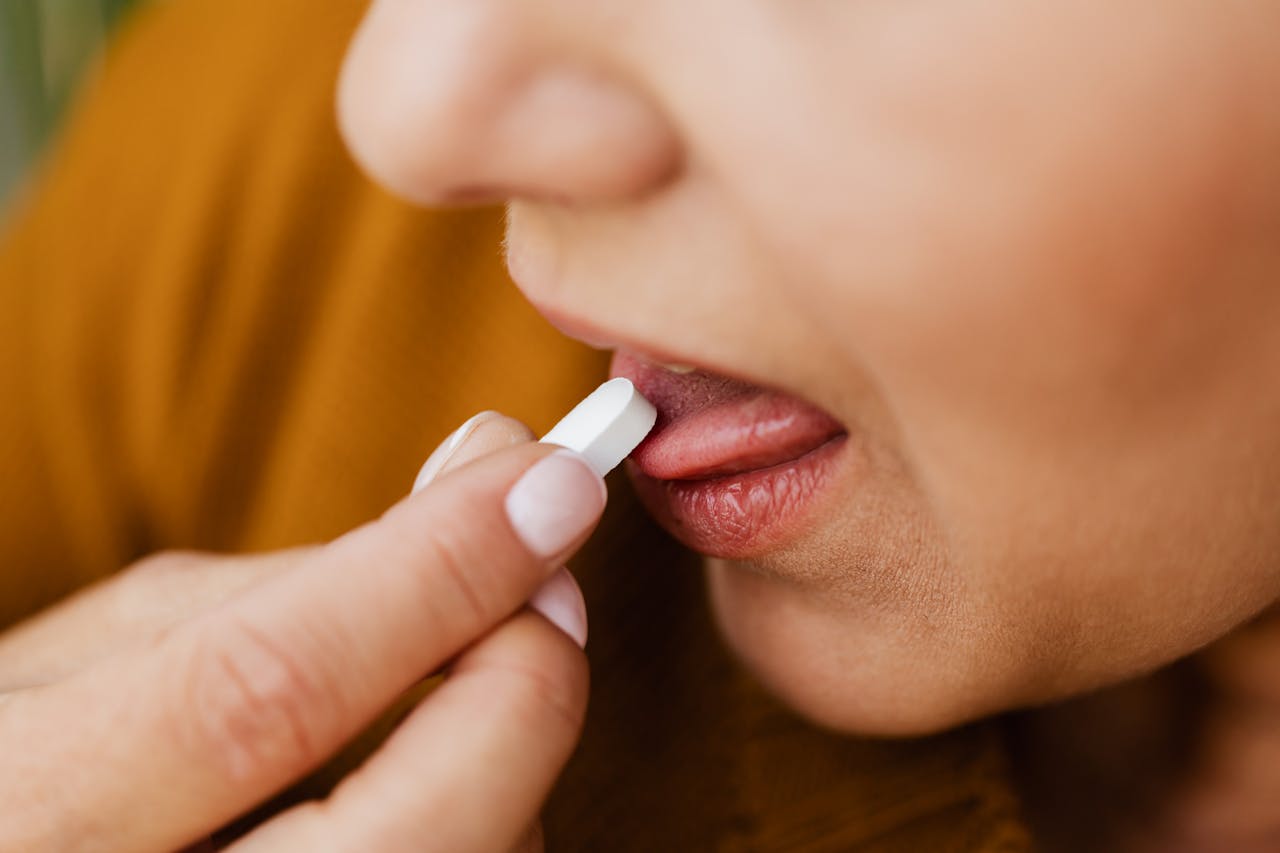
Bone health is a top concern as we age, especially for those entering their 50s. This is when bone density starts to decline, leading to an increased risk of fractures and osteoporosis. Ensuring you get enough calcium and vitamin D is key to maintaining strong bones. Calcium helps build and maintain bone mass, while vitamin D improves calcium absorption. Dairy products like milk, cheese, and yogurt are excellent sources of calcium, but leafy greens like spinach and kale also provide calcium. Vitamin D can be obtained from exposure to sunlight, but foods like fortified cereals, fatty fish, and egg yolks can also provide this important nutrient. A calcium and vitamin D supplement may be necessary if you are not getting enough through diet alone.
4. Add More Fiber to Your Diet
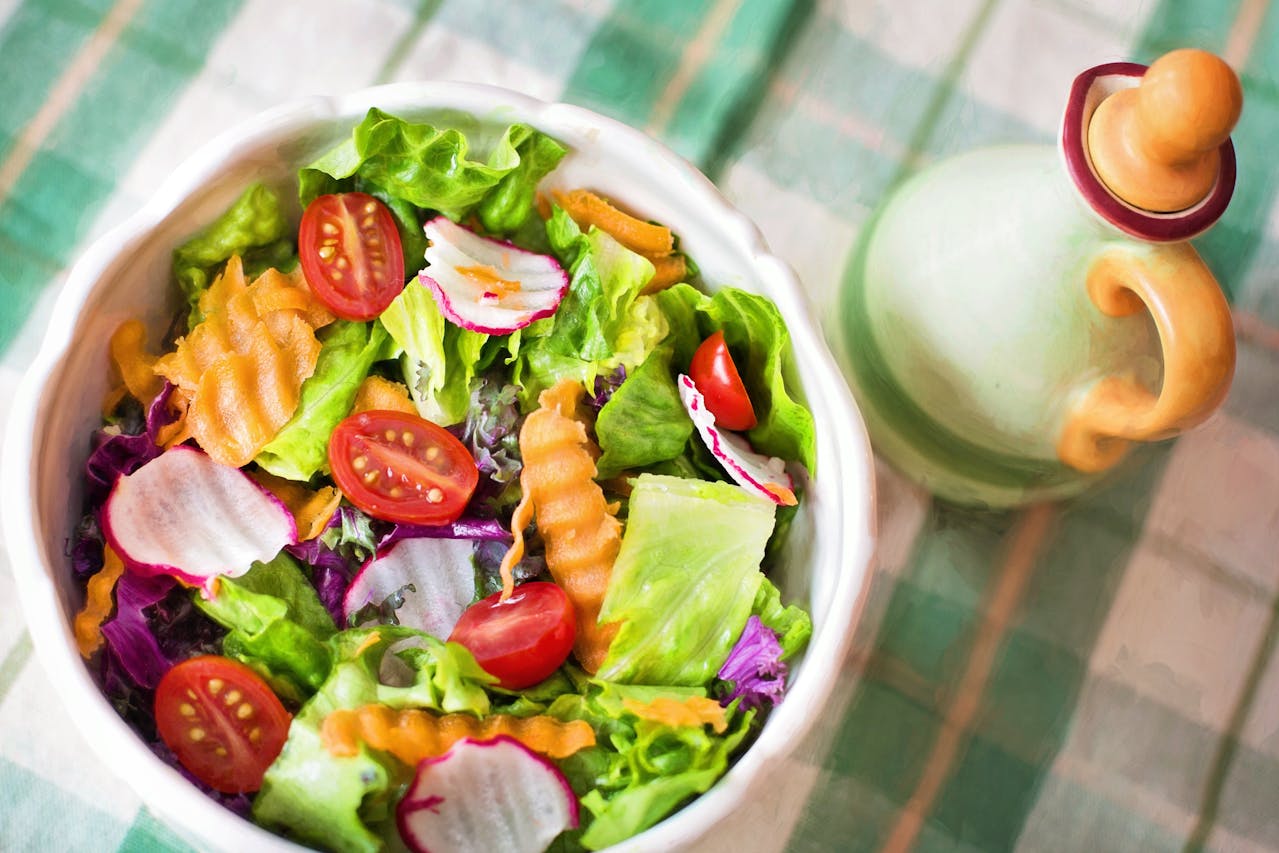
Fiber is crucial for digestive health, which can become more of an issue as we age. Constipation and slower digestion are common complaints in people over 50, but increasing your fiber intake can help. Fiber not only promotes regular bowel movements but also helps regulate blood sugar and lower cholesterol levels, reducing the risk of heart disease and type 2 diabetes. You can add fiber-rich foods like whole grains, beans, legumes, fruits, and vegetables to your meals. Aim for at least 25-30 grams of fiber per day to support digestive health and keep other systems functioning well.
5. Reduce Added Sugars
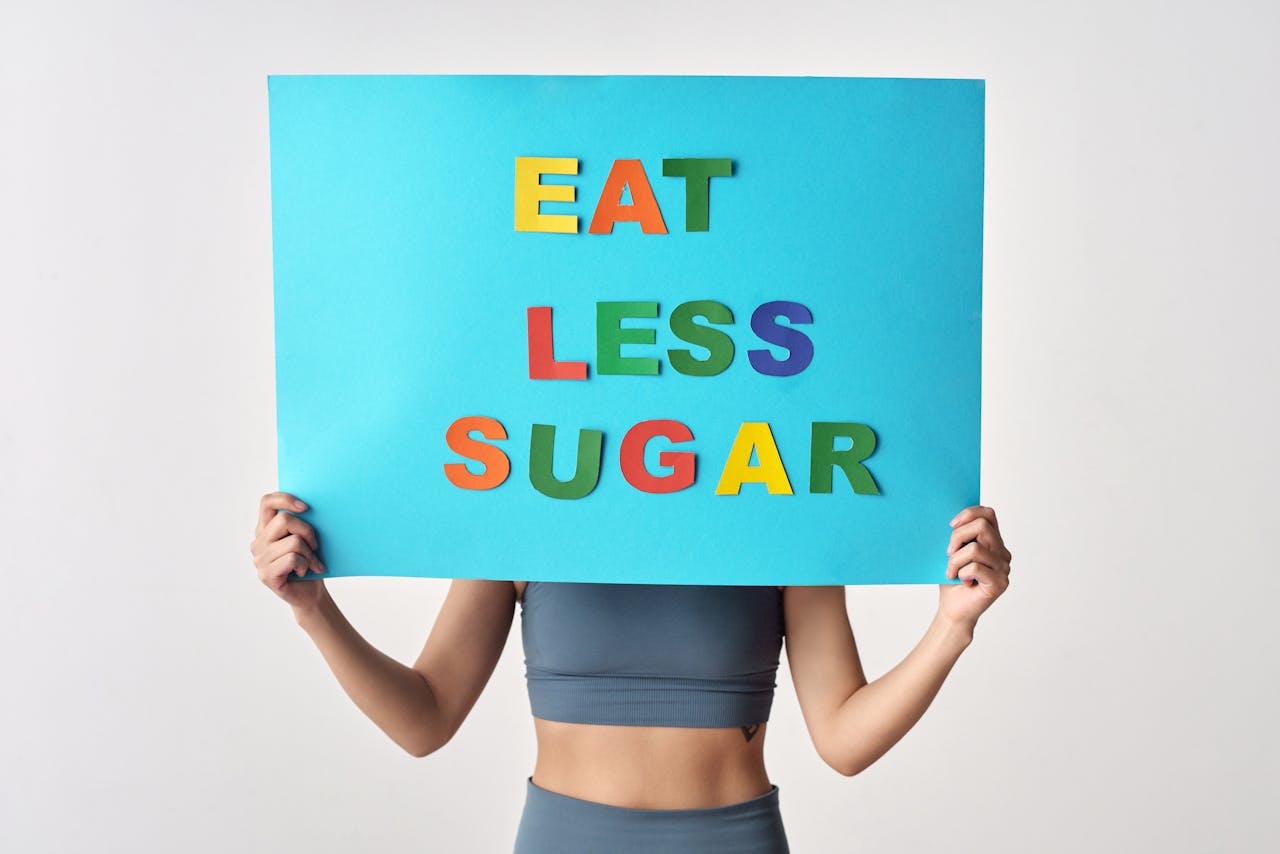
As metabolism slows in your 50s, your body becomes less efficient at processing sugars. High sugar intake can lead to weight gain, increased risk of type 2 diabetes, and even accelerate the aging process by promoting inflammation and reducing skin elasticity. Cutting back on added sugars is a critical step in maintaining good health. Start by reducing your consumption of sugary drinks, pastries, and processed snacks. Instead, satisfy your sweet tooth with natural sources of sugar like fruits, which are rich in vitamins and fiber. Making this change can help you maintain a healthy weight and reduce your risk of chronic diseases as you age.
6. Hydrate with Water-Rich Foods

As we age, our bodies become less efficient at retaining water, leading to dehydration more easily. Staying hydrated is critical for maintaining skin elasticity, cognitive function, and overall vitality. Drinking enough water throughout the day is important, but adding water-rich foods to your diet can also be a great way to boost hydration. Foods like cucumbers, watermelon, oranges, and leafy greens not only provide hydration but also deliver essential vitamins, minerals, and antioxidants. Ensuring you stay hydrated can also help prevent dry skin, support proper digestion, and even improve your mood and energy levels.
7. Increase Antioxidant Intake
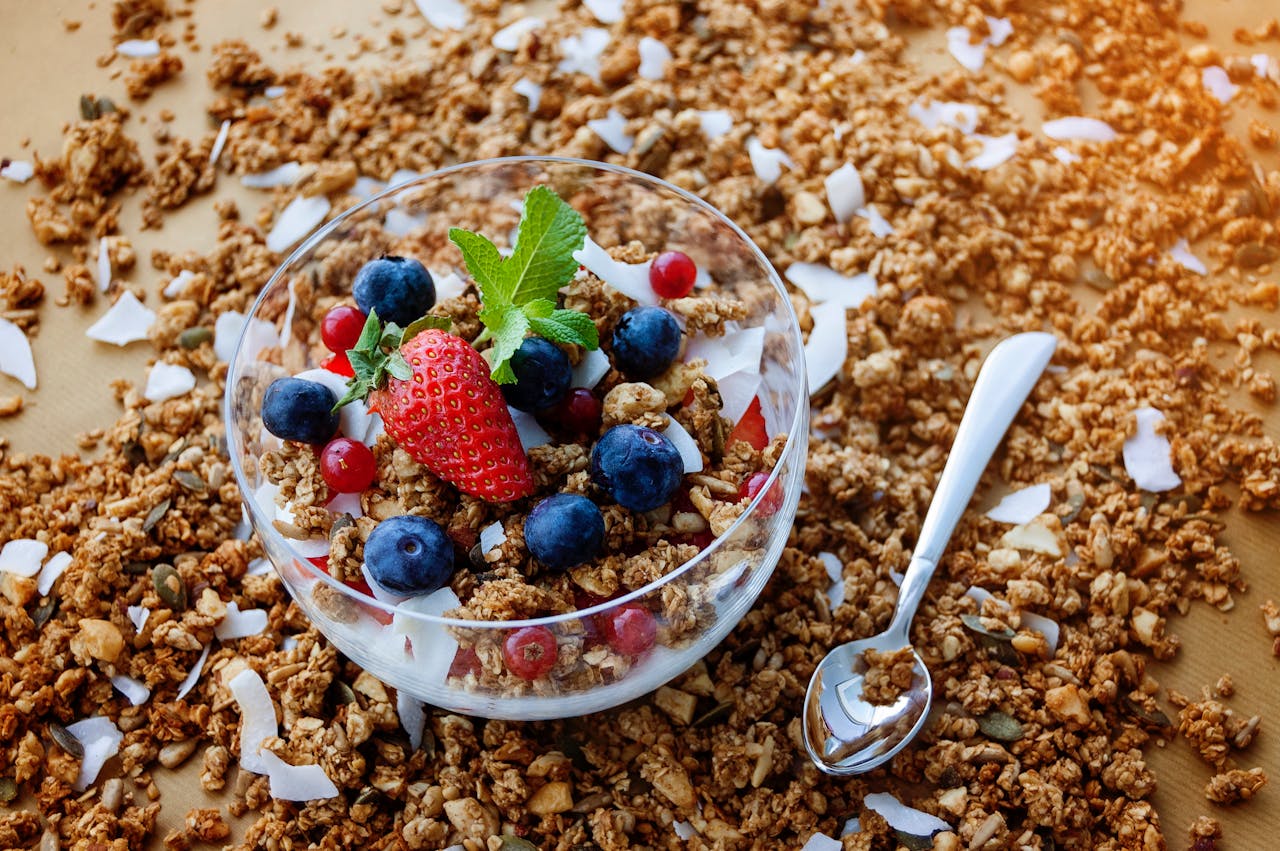
Antioxidants are your body’s natural defense against oxidative stress, which accelerates the aging process and contributes to the development of chronic diseases. By neutralizing free radicals, antioxidants help protect your cells from damage. Foods like blueberries, strawberries, spinach, dark chocolate, and nuts are rich in antioxidants. Including these in your diet can help improve skin health, reduce inflammation, and support cognitive function. Antioxidants also play a role in boosting your immune system, which is important as your body’s defenses may weaken with age. Make it a habit to include antioxidant-rich foods in your daily meals to support long-term health and graceful aging.
8. Limit Alcohol Consumption

While enjoying a glass of wine or a cocktail can be a nice treat, excessive alcohol consumption can have negative effects on your health, especially as you age. Alcohol dehydrates the body, which can exacerbate dry skin and contribute to the appearance of wrinkles. It also affects your liver, heart, and brain, which are particularly vulnerable as you get older. Moderate alcohol consumption is key—this means no more than one drink per day for women and two drinks per day for men. Reducing alcohol can also help improve sleep, boost energy levels, and support weight management. If you enjoy wine, opting for red wine can provide the added benefit of antioxidants like resveratrol, which can have heart health benefits when consumed in moderation.
Final Thoughts

Aging gracefully in your 50s is all about making small but impactful changes to your diet and lifestyle. Prioritizing protein, omega-3 fatty acids, calcium, vitamin D, fiber, and antioxidants can support your body as it undergoes natural changes. Reducing sugar, staying hydrated, and moderating alcohol intake further contribute to long-term wellness and vitality. By making these nutritional adjustments, you’ll not only feel better but also protect your body against age-related health concerns. Embrace these habits, and you’ll be on the path to staying strong, healthy, and vibrant well into your later years.
These eight nutritional changes are simple yet powerful tools that can help you age with grace, energy, and good health, ensuring you continue to enjoy life to the fullest.
Leave a Reply